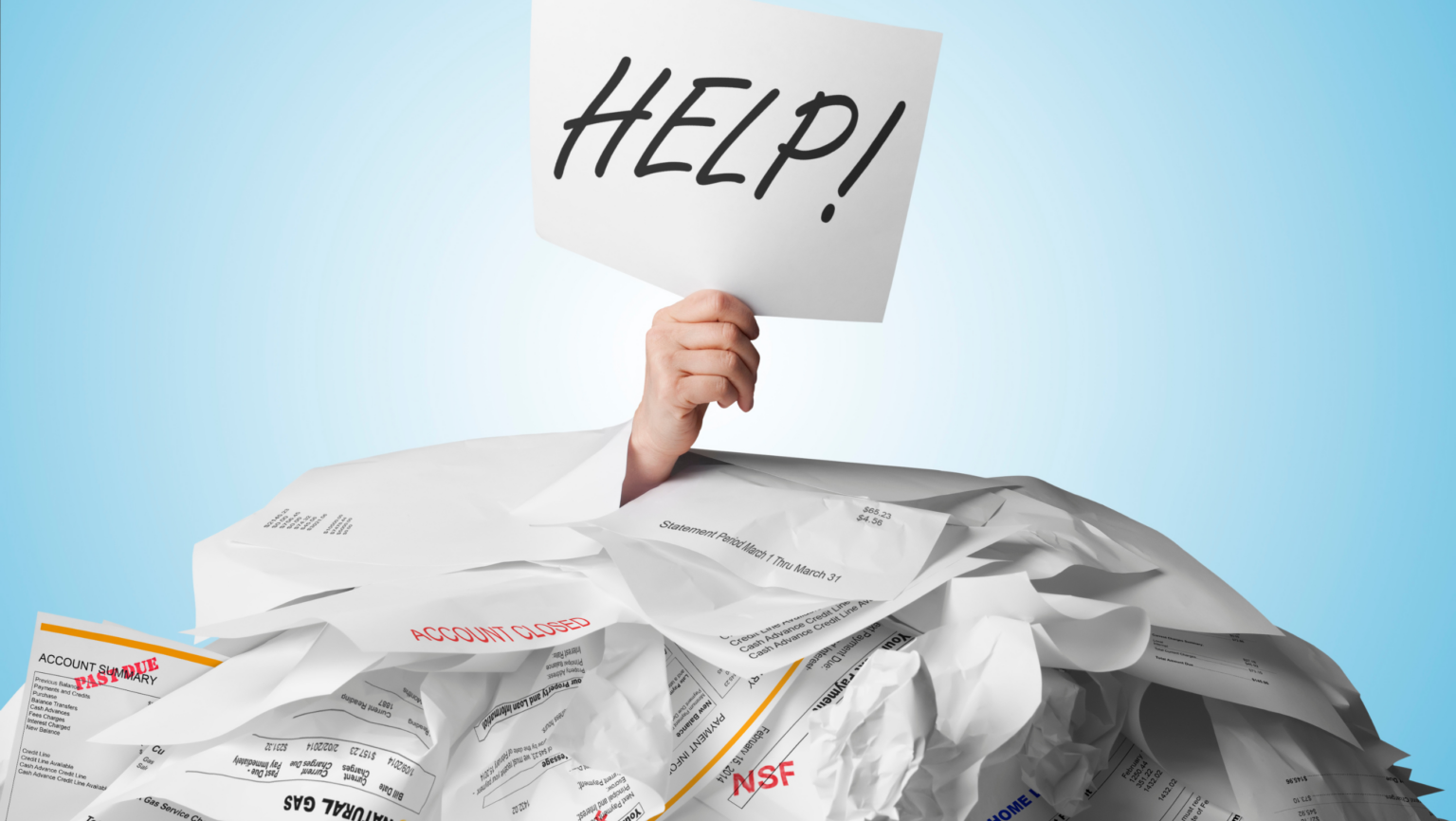How to Pay Off Debt Faster: Strategies for a Debt-Free Life in NZ

Kia ora, New Zealand! How to pay off debt faster and how to get out of debt is something we are asked about all the time! So, let’s chat about the ‘D’ word – debt. It might seem like a mountain now, but with the right tools, you can conquer it. If you’re on the hunt for ways to get out of debt or just want to shave off some time from repaying debt, you’ve come to the right spot. Ready to get started on this adventure? We’re here to give you help with debt in NZ, so let’s go!
Understanding Good Debt vs. Bad Debt
Before diving into the nitty-gritty of repaying debt and how to pay off debt faster, it’s essential to understand that not all debts are the same. We know it sounds crazy, but it’s true. Not every kind of debt out there is a burden. Some can even be a stepping stone to bigger and better things. Let’s break down the difference between good debt and bad debt.
Good Debt: Investments that Grow Your Future
Good Debt is like that trusty pair of gumboots that never lets you down. It’s an investment that’ll help you grow and advance in life. Here’s a quick list to help you identify what might be considered good debt:
- Equipment Finance: Investing in top-notch gear for your business can be an absolute game-changer! By upgrading or expanding your equipment, you can boost productivity and capacity and, as a result, your cash flow. Think of it as planting seeds for future growth. Curious about how equipment finance can be a form of good debt? Dive into the benefits of equipment financing here.
- Business Loans: These can also be a positive form of debt, especially if you’ve got a solid plan to kickstart or expand your business. A well-thought-out business loan can be the fuel that propels your venture to new heights.
- Educational Loans: Investing in your education or upskilling can open doors to better job opportunities and higher earning potential.
- Mortgages for Primary Residences: While it’s a significant debt, owning a home can be a long-term investment that appreciates over time.
Bad Debt: The Drag on Your Wallet
On the flip side, Bad Debt is like that dodgy pie you regret eating. It doesn’t provide any return and often relates to things that lose value over time. Here’s a snapshot of what might be considered bad debt:
- Credit Card Debt: Especially when used for non-essential items or impulse purchases that don’t provide long-term value. It is important to mention that you can use credit card debt to your benefit if you have the discipline and skills!
- Car Loans for Depreciating Assets: While a vehicle might be necessary, it’s essential to be wary of taking on large debts for luxury cars that lose value quickly.
- Payday Loans: These often come with sky-high interest rates and can trap you in a cycle of debt.
- Loans for Non-Essential Luxuries: Borrowing money for things like vacations or luxury items that don’t offer a return on investment.
Knowing the difference between good and bad debt truly makes all the difference when it comes to repaying debt or figuring out how to pay off debt faster. You can make more informed decisions about taking on debt before it becomes a problem. Remember, it’s not just about the amount of debt but the purpose behind it. Make your debt work for you, not against you!
The Power of Reducing Interest: Why It Matters
Interest can be a sneaky little bugger. It quietly adds up, making your debt grow like mould on that forgotten sandwich in the back of the fridge. There are a number of different ways how to pay off debt faster! And one of them is by focusing on reducing your interest when repaying debt. You can pay off your debt faster and save some serious cash.
Imagine you’re on a road trip around our beautiful Aotearoa. Reducing interest is like finding a shortcut that shaves hours off your journey. It’s all about getting to your destination (a debt-free life) quicker and more efficiently.
Repaying Debt: Practical Tips on How to Get Out of Debt
- Prioritise High-Interest Debt: Think of it as tackling the big hills first on a hike. Once they’re out of the way, the rest feels like a breeze.
- Budgeting and Tracking: Keep an eye on your spending. Every dollar counts, and knowing where it’s going can make a world of difference.
- Avoid Accumulating More Debt: It’s like avoiding that second slice of pavlova; sometimes, restraint is key.
- Seek Professional Help: If you’re feeling a bit lost in the financial wop-wops, there’s no shame in asking for directions. For those moments, debt consolidation can be a real lifesaver, helping you get a grip on spiralling debts.
Help With Debt in NZ: The Benefits of Debt Consolidation
So many people wonder how to pay off debt faster and how to get out of debt forever, and one of the answers is debt consolidation! Debt consolidation is like gathering all your sheep into one pen. Instead of juggling multiple debts, you roll them into one. One monthly payment, one interest rate, and a clearer path forward. Plus, with a potentially lower interest rate, you could save on those pesky interest costs. Keen to learn more? Here’s how debt consolidation can help.
Why Debt Consolidation Makes Sense:
- Simplified Finances: Merge those multiple monthly outgoings into one straightforward payment. It’s a game-changer for keeping on top of things.
- Chance at Better Interest Rates: Bringing all your debts under one umbrella might just land you a sweeter interest rate, meaning more savings for you.
- A Clearer Money Picture: One debt, one interest rate. It’s a breath of fresh air when you’re plotting your financial journey.
- Ease That Money Stress: Ditch the headache of juggling multiple debts. With everything tidied up in one spot, you can focus on the bigger picture without the nagging worries.
- Boost Your Credit Game: Keeping up with your payments and chipping away at that debt can give your credit score a nice little lift.
- Tailored Repayment Plans: The beauty of consolidating? You often get to pick a repayment schedule that fits snug with your budget.
Just a heads up, while consolidating can be a real win, make sure you’re clued up on all the details. Give the terms a good read and ensure it’s the right move for repaying debt and your financial goals. You want to be in the know-how to get out of debt faster – knowledge is power, my friend!
Final Thoughts: The Journey to Financial Freedom
Paying off debt might feel like climbing Aoraki/Mount Cook, but remember, every step counts. With the right strategies and a bit of Kiwi can-do attitude, you can conquer your debts and enjoy the view from the top: a life of financial freedom.
There you have it! A roadmap to navigate the sometimes-winding roads of debt. Whether you’re considering good debt to advance your dreams or seeking help with debt in NZ, remember you’re not alone on this journey. The next time you are wondering how to pay off debt faster, remember there are a number of paths that you can take! Keep your chin up, stay informed, and you’ll be on your way to a brighter financial future. Sweet as!


